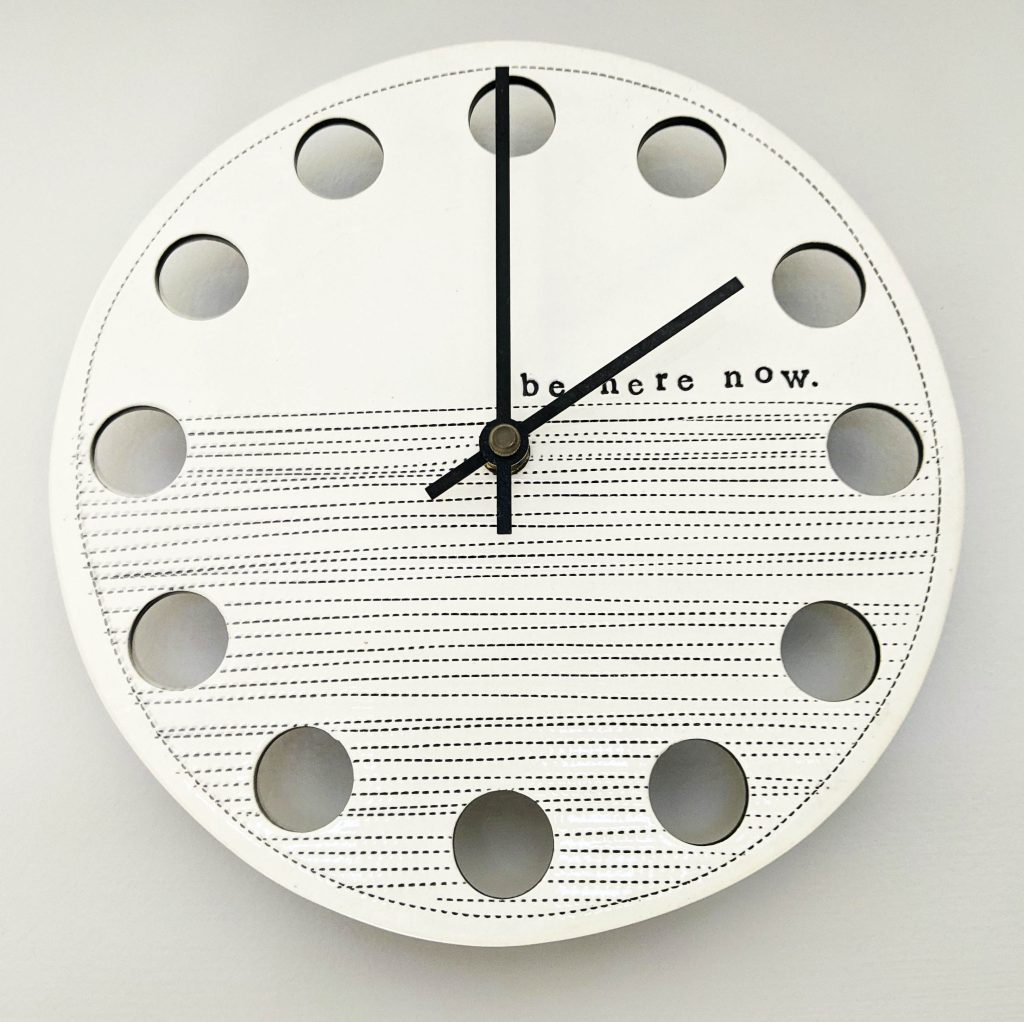Posted on November 8, 2021 by Sam Gutter
Darkness comes early on Cape Cod, here at the eastern edge of the eastern time zone (only Maine is farther east). Like most of the country, we “fell back” from Daylight Savings Time on November 7. The result is that on the shortest day of the year, the December 21st winter solstice, we’ll watch the sun set here at 4:15 p.m. That’s depressing – literally so, for anyone with seasonal affective disorder.

There’s no shortage of myths surrounding Daylight Savings Time. No, it was not put in place to help farmers, who generally oppose the annual ritual of clock changes. Nor was its purpose to give school children some extra daylight to get on their buses, although that is a potential benefit. In actuality, the Standard Time Act of 1918 was enacted during the first World War as an initiative to conserve fuel. Repealed and reinstated during World War II, it wasn’t until 1966 that DST was again enshrined in federal legislation, the Uniform Time Act. That law allows states to opt out of daylight savings (as do Arizona and Hawaii), but states are barred from keeping DST in place year-round.
If there’s an energy savings to DST, there must be an environmental benefit, right? Maybe … and maybe not. There seems to be no scientific consensus on either energy benefits or related environmental benefits to moving our clocks. Studies by the U.S. Department of Transportation and the National Bureau of Standards found no significant benefits one way or the other. After all, we can’t change the number of hours of daylight at any given time; all we can do is move the clock around. So that’s what we do: the current dates for DST, from the second Sunday of March to the first Sunday in November, were set by the Energy Policy Act of 2005, but again without any rigorous analysis of benefits.
What seems clearer is that there is a societal cost to all that springing and falling, in terms of heart attacks, increased crime, and depression. The semi-annual “desynchronization” of our body clocks has been linked to increased health risks like depression, obesity, heart attacks, cancer, and car accidents.
At last count, at least 19 states have enacted legislation or passed resolutions to preserve DST throughout the year, but it will take an act of Congress to allow those bills to take effect. In a rare display of bipartisan lawmaking, Senators Ed Markey (D-Mass) and Marco Rubio (R-Fla) – two Senators who are usually about as aligned as the front wheels on a Yugo – have co-sponsored the Sunshine Protection Act, which would make DST a year-round thing nationally.
In the final analysis, the energy and environmental costs and benefits of DST might well be a wash. But it’s dark out there, so, hey, can we just have one more hour of daylight, please?
